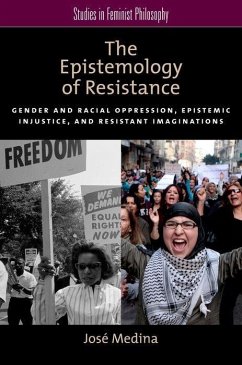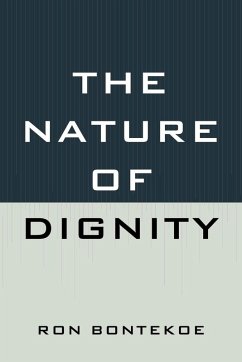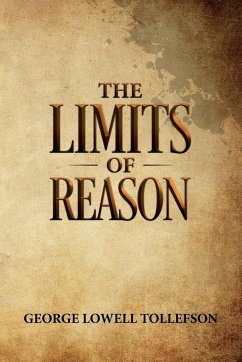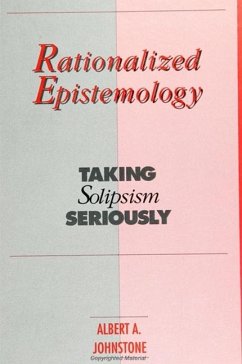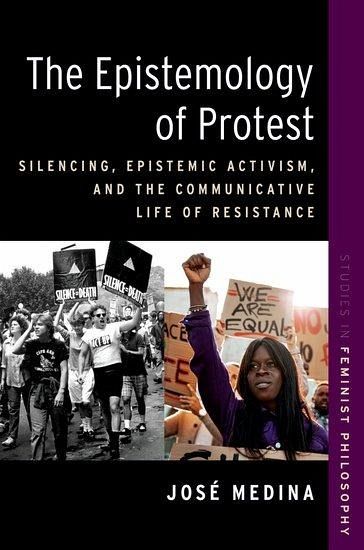
The Epistemology of Protest
Silencing, Epistemic Activism, and the Communicative Life of Resistance
Versandkostenfrei!
Versandfertig in über 4 Wochen
39,99 €
inkl. MwSt.
Weitere Ausgaben:

PAYBACK Punkte
20 °P sammeln!
Protest is urgently important to democracy. Here philosopher José Medina explains why it is so essential and explores the unfair obstacles and challenges that protest movements can face. Medina underscores how challenging it can be for protesting voices to be heard under conditions of oppression, and proposes ways in which the silencing of protest can be fought. Democracies are obligated to listen to protest and even to join protesting voices when grave injustices are in the public eye.




